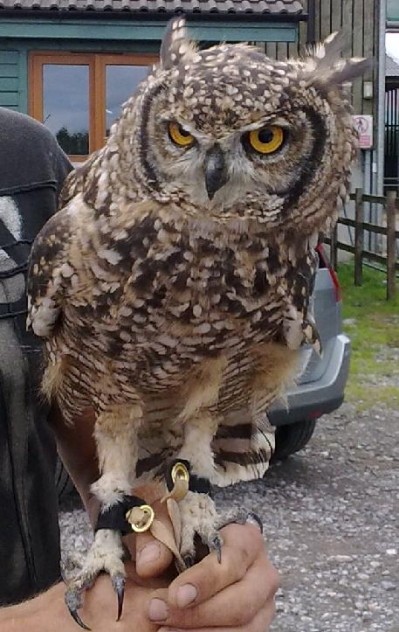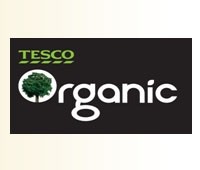Saving the planet is the wrong message for organics

The campaign, which has been financed by 70 organic producers and received some EU funding, will instead try to focus on a series of more tangible benefits, tapping into shoppers’ concerns about their health, animal welfare and the local environment rather than the fate of the planet or the global food supply chain, said Jon Fricker, director at marketing agency Haygarth.
While shoppers cared about the environment, they had more pressing things to think about when they rushed around the local supermarket on a Friday night, said Fricker, who was speaking at a conference in Oxford yesterday organised by Organic Farmers & Growers.
“It’s not about saving the planet. Sorry. And talking about the supply chain is also uninspiring. It just doesn't capture people's imagination."
The focus of the forthcoming campaign, which will initially run in women’s magazines and supermarket magazines, would be on organic food as ‘natural food’, and would then introduce other messages such as ‘fewer chemical pesticides’ and ‘respect for animal welfare’.
More generic claims about the benefits of organic food were problematic, he accepted, as it was by no means indisputable that it always had a lower carbon footprint, or was nutritionally superior, while even a slogan as nebulous as ‘Organic: good for nature, good for you’ could fall foul of UK advertising codes.
Critically, said Fricker, the aim of the campaign - set against a backdrop of a sharp decline in organic sales during the recession and confusion over the health and environmental benefits of organics - was to broaden their appeal, rather than preaching to the converted and persuading existing organic shoppers to buy more.
Mass market appeal?
This was critical for the growth of the sector, agreed Ed Garner at Kantar Worldpanel. “If you want to expand organics, you need to get more people buying it, not sell more to committed purchasers.
“We must increase the penetration of the category. At the moment, about 4% of shoppers account for 40% of the spend.”
As to how best to make organics mass market, avoiding the word 'organic' altogether might not be a bad idea, suggested Garner, citing Green & Blacks, Yeo Valley and Rachel’s as examples of successful brands in which organic was a key part of the proposition, but was not the USP.
These firms had all been successful because they were great products with great brands, he said. Their organic credentials were not the primary selling point but instead provided “supporting evidence” for more focused claims about taste, quality and provenance.
Light at the end of the tunnel?
As for the sales picture, while Kantar Worldpanel data revealed that organic sales were down about 6% last year in the supermarkets, the picture was improving all the time, with data for the 12 weeks to October 3 showing that the decline had almost been arrested, he said.
There was also a big variation in the performance of different retailers on organics, with Asda experiencing declines of 21% (in the year to Sept 5) compared with Tesco and Sainsbury’s (both down 12%), Morrisons flat and Waitrose up 5%, he said.
“A lot of this reflects the delisting of organic products, which in retrospect I think many retailers realised was a mistake, a bit of a knee-jerk reaction to the recession.”
What data from the same period also revealed was that shoppers did not really understand what organic meant, he said, as sales of free range eggs had gone up while organic egg sales had gone down, despite the fact that organic eggs were all free range by definition.















